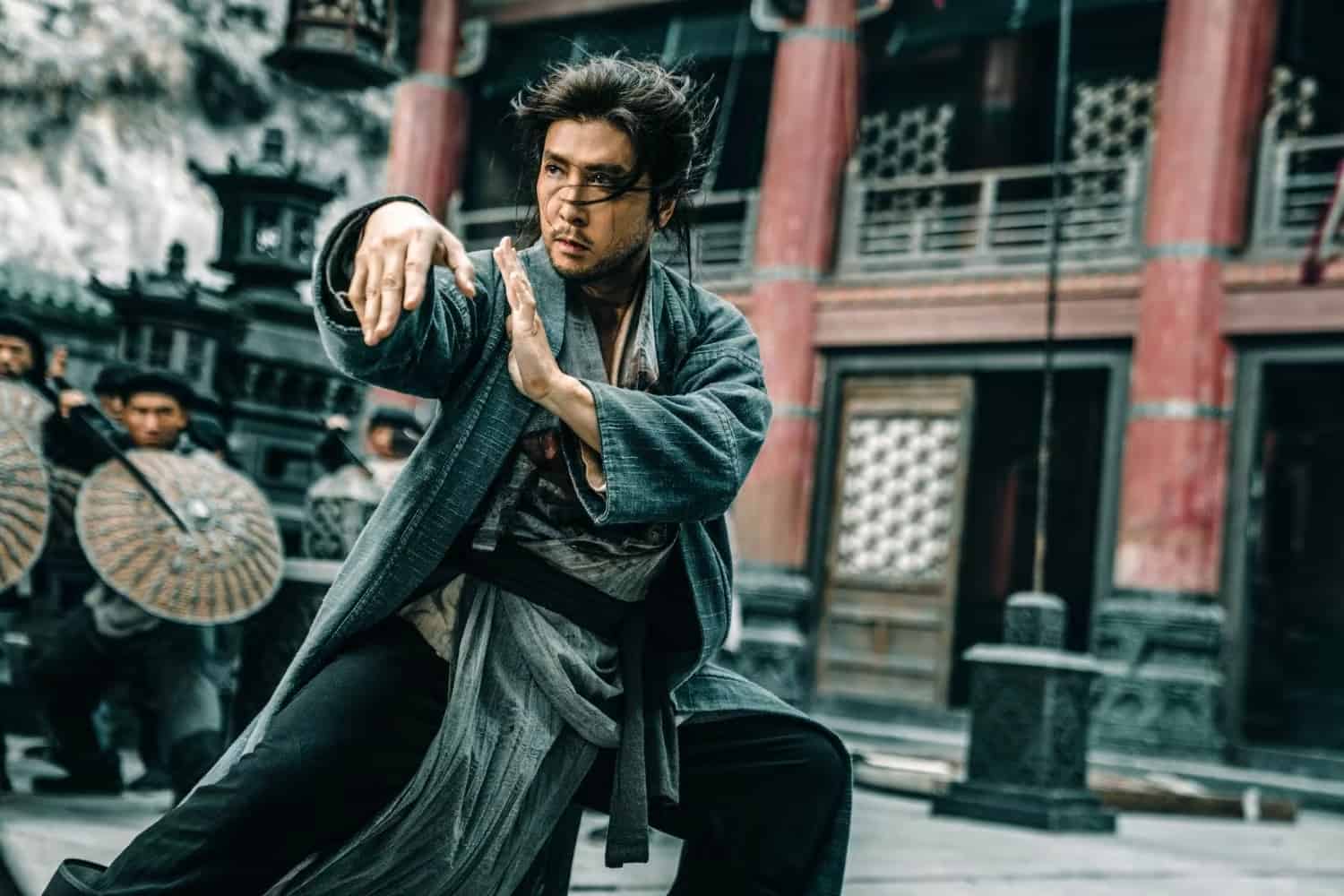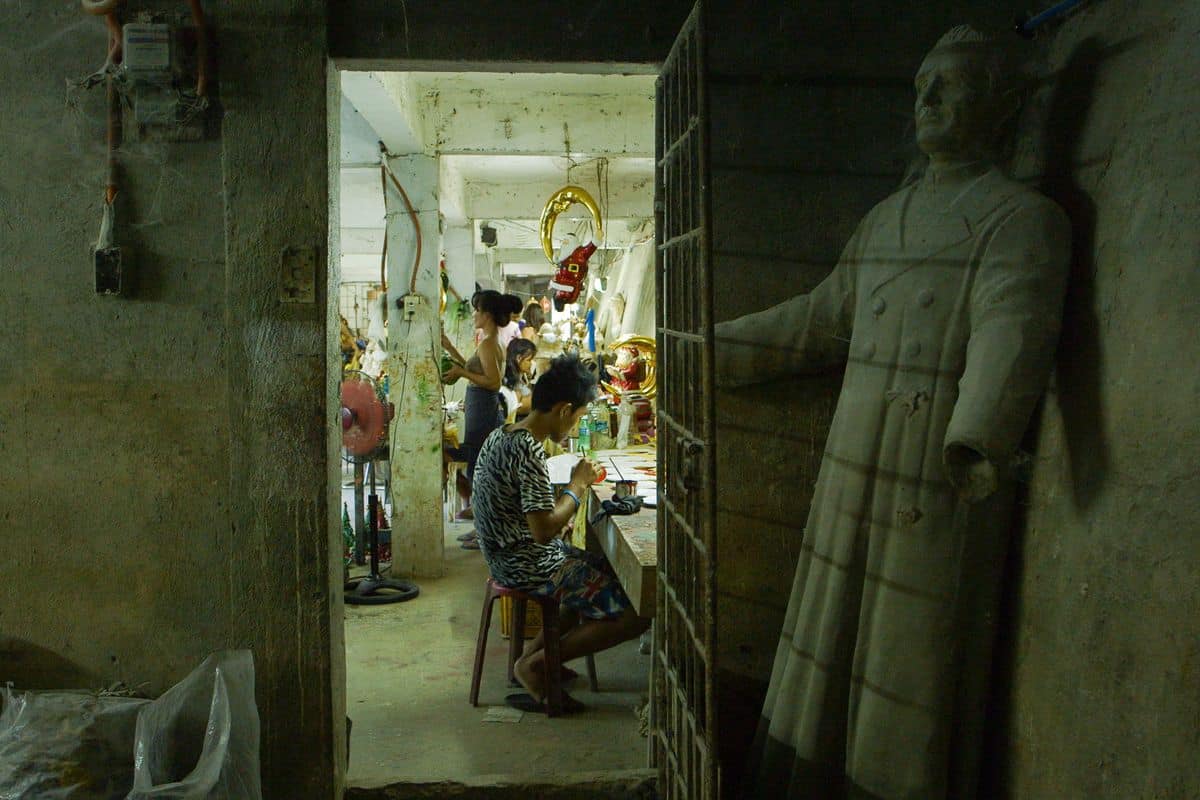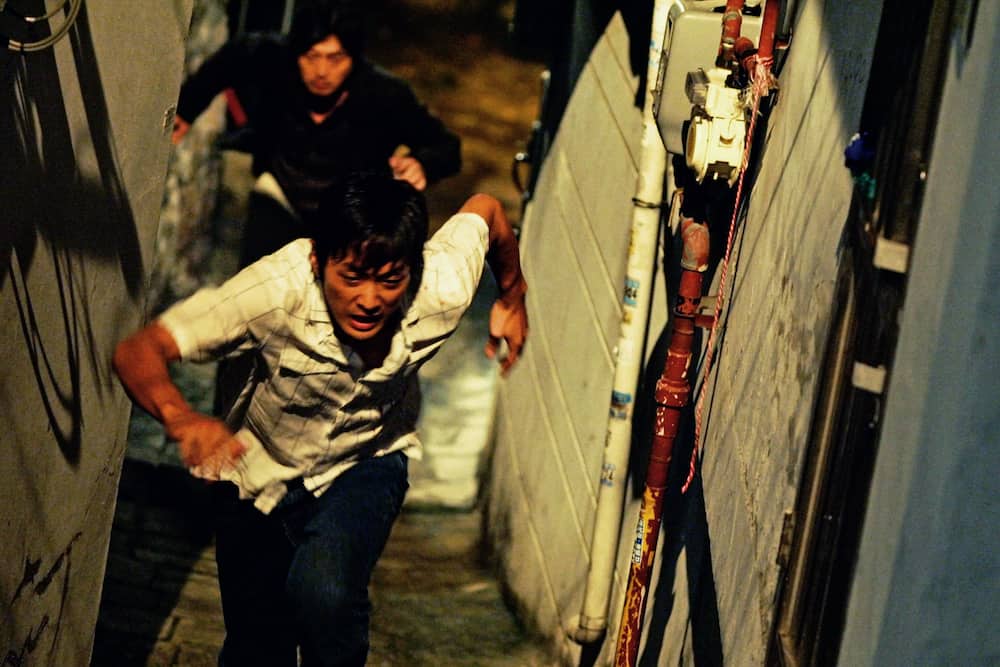For many years, Lin (Zhou Lidong) has been running a small company which sells machinery to other companies and manufacturers, securing him and his family a relatively safe middle-class income and wealth. While his wife is overseas working on an assignment for her company, Lin is left in their apartment with their son who studies hard for his College Entrance Exam after which he (and his parents) has planned to study in the United States.
However, Lin's company endures a terrible blow after an important client refuses to pay for their services. On top of the upcoming changes in his life, Lin finds himself having trouble coping with these developments and suffering from the first signs of depression. As discussions with the client remain fruitless, he suddenly realizes how fragile the foundations of his life have become.
“The Fall” is screening at Mulan International Film Festival

Before he became a producer and a director, Zhou Lidong was a businessman and has worked in coal mines as well as a translator. By definition, Lidong fulfills the criteria of a self-made man having spent many years building his business with his colleagues and providing for his family. However, he must have realized the brittle securities of an ever-changing economic landscape for “The Fall” is based on his experience running a business and is his feature debut as a director.
In general, Lidong's background may be the foundation of the kind of realistic approach in his film in terms of narrative and visuals. Lin Yutang's mostly static images seem to resemble the kind of working class-routine Lidong's character has constructed over the years, making him somewhat vulnerable as well as paradoxically numb when it comes to his personal feelings. One of the most telling scenes in this regard is a dinner at a local restaurant during which he mechanically introduces his friends and colleagues to his mistress (Yan Luyang). As the conversation continues, he falls silent, observing the rest of the evening with his usual expression, a blend of fatigue and disconnectedness. Whether he sits at his desk at work or has dinner with his son, there is a certain routine or rather “auto-pilot”-mode which has taken over all aspects of his life.

Nevertheless, Lin recognizes a distinct chasm in his life and work. Perhaps one of the greatest strengths (and surprises) is the introduction of slight deviations, such as a large bird hitting his office's window or the fact he has trouble finding his car. Whereas his visual approach might strike you as mundane at times, Lidong displays a great skill as a storyteller for introducing these subtle hints at a person at odds with his life and the difficulty of coping with these changes. In this context, Lin's acting follows a similar principle presenting a man facing the dilemma of keeping up appearances while being in an emotional turmoil which only occasionally erupts in certain scenes.
Overall, this kind of approach may also be one of the obstacles viewers will have to overcome during the roughly 108 minutes of running time. Often the camera seems to stay painfully long within rather dull environments such as meetings, offices and public places following a character who likes to keep his emotions to himself. At the same time, the fact Lidong refrains from using the perhaps expected melodrama in certain scenes adds not only to the realism of his narrative, but makes you understand the struggle of his protagonist so much better.
In the end, “The Fall” is a realistic drama about changes in your life and how to cope with them. Following an almost documentary-like approach regarding storytelling and visuals, this is a film requiring patience from its viewer which is ultimately rewarded with an all-too-familiar dilemma we all may have to face at one point in our lives.















